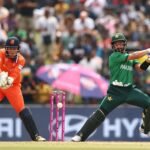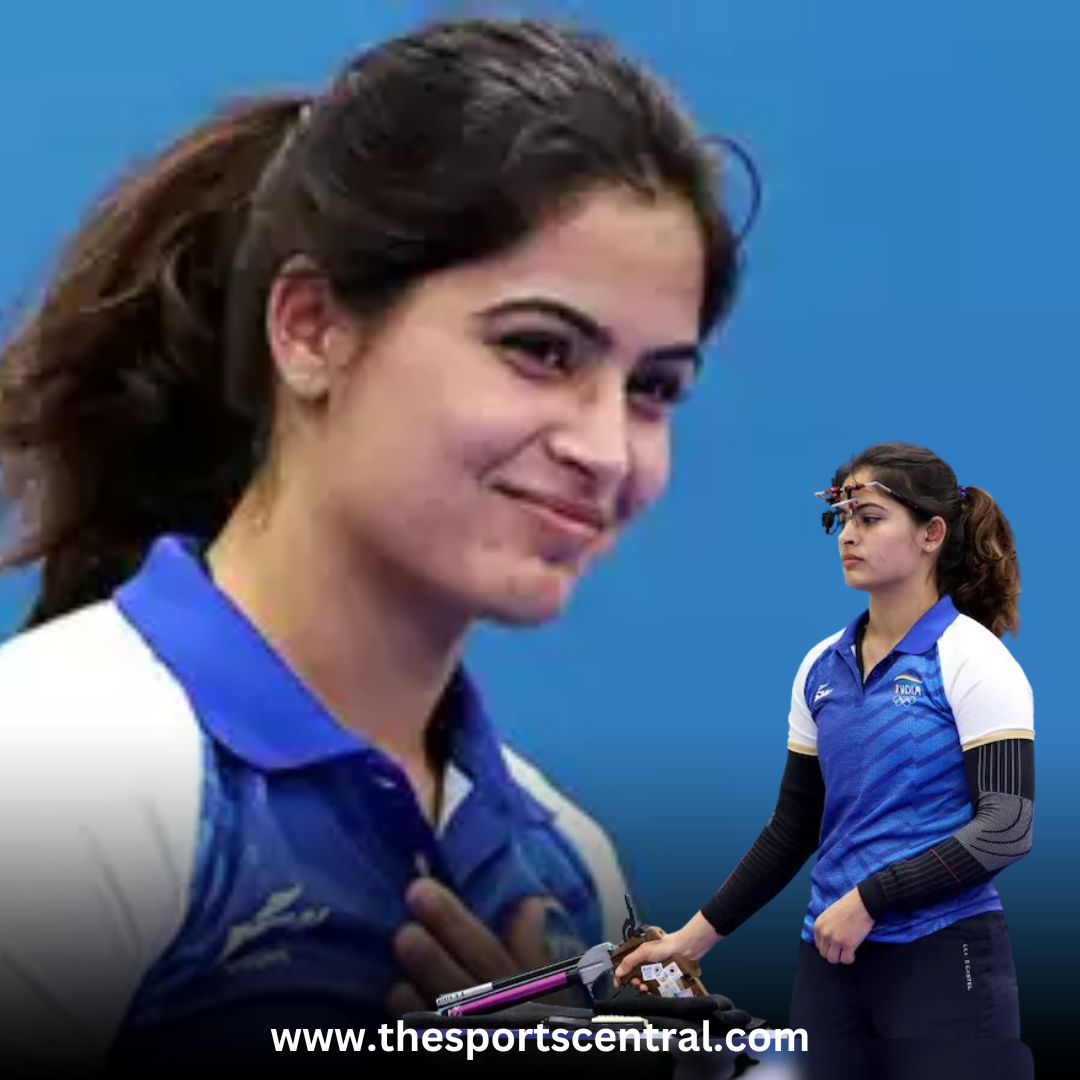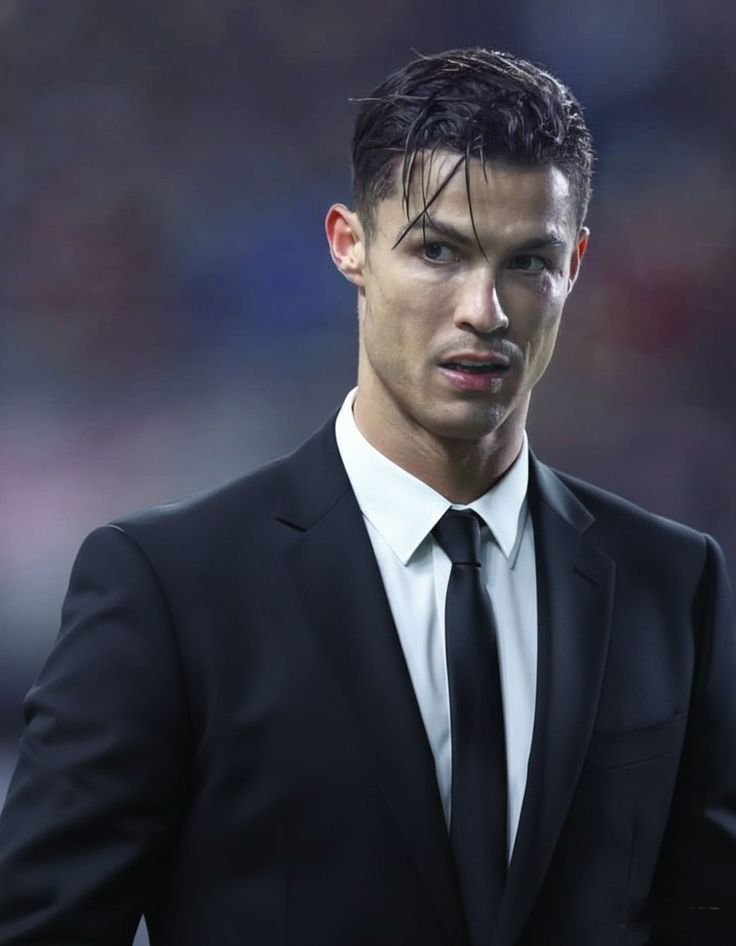Manu Bhaker, one of India’s brightest stars in shooting, has found herself at the center of a storm after being excluded from the recommendation list for the prestigious Major Dhyan Chand Khel Ratna Award. The exclusion of the double Olympic bronze medallist, who made history at the Paris Olympics 2024, has sparked widespread criticism and raised questions about the transparency and fairness of the selection process.
A Historic Olympic Feat
At just 22 years old, Manu Bhaker etched her name into Indian sporting history by becoming the first shooter from the country to win two Olympic medals in a single edition of the Games. She clinched bronze in the women’s individual 10m air pistol event and repeated the feat in the mixed team event, partnering with Sarabjot Singh.
Her remarkable achievements in Paris not only brought immense pride to the nation but also placed her among India’s greatest-ever Olympians. These feats seemed to make her a natural candidate for the Khel Ratna, India’s highest sporting honor. Yet, the 12-member selection committee’s decision to leave her out has baffled many.
Criticism of the Selection Process
Bhaker’s omission has led to sharp criticism from sports analysts, fans, and members of the athletic community. The selection committee included notable names such as Indian hockey captain Harmanpreet Singh, who led the men’s team to an Olympic bronze, and para-athlete Praveen Kumar, who won gold in the men’s high jump T64 event at the Paralympics. While their inclusion is well-deserved, Bhaker’s exclusion seems incongruous given her historic achievements.
Precedent Raises Questions
In 2021, every Olympic and Paralympic medallist from the Tokyo Games was automatically nominated and subsequently awarded the Khel Ratna. This practice created an expectation that Bhaker, who achieved a historic double podium finish, would also receive automatic consideration. Her exclusion marks a departure from this precedent and has raised concerns about inconsistency in the application of the award criteria.
Reaction from Manu Bhaker’s Family
Manu Bhaker’s father, Ram Bhaker, has openly criticized the decision, expressing disappointment at the committee’s failure to recognize her achievements.
“I regret encouraging her to pursue shooting,” he said. “Had she been a cricketer, all the awards and accolades would have come her way. She won two Olympic medals in a single edition—what more could she have done? This has left her heartbroken.”
His statement sheds light on the broader disparity in recognition between sports in India, with cricket often receiving disproportionate attention compared to other disciplines.
Backlash from the Sports Community
The decision has also led to wider scrutiny of the selection process for the Khel Ratna. Critics argue that the exclusion of Bhaker undermines the credibility of the award and sets a poor precedent for future athletes.
Prominent voices in the sports community have questioned the transparency of the selection process, urging the Sports Ministry to review the nominations. Athletes, coaches, and fans alike have expressed their disappointment, emphasizing the need for greater accountability in recognizing and rewarding sporting excellence.
Sports Ministry’s Response
Amid the growing backlash, the Sports Ministry has initiated a review of the nominations under Articles 5.1 and 5.2 of the “Scheme for the Major Dhyan Chand Khel Ratna Award.” These provisions allow for government-nominated entries, potentially opening the door for Bhaker’s inclusion.
Sources indicate that Sports Minister Mansukh Mandaviya is closely examining the situation. A decision on whether to include Bhaker in the final list is expected soon, offering a glimmer of hope for a resolution that honors her achievements.
Other Notable Exclusions
Bhaker is not the only athlete to be overlooked for the Khel Ratna. Other high-performing athletes, including Swapnil Kusale and Sarabjot Singh, who secured a bronze medal in shooting, and wrestler Aman Sehrawat, were also excluded. Instead, these athletes have been recommended for the Arjuna Award, which is considered a step below the Khel Ratna.
While the Arjuna Award is a significant honor, the decision to exclude Olympic medallists like Bhaker from the Khel Ratna has raised questions about the criteria used to differentiate between the two awards.
Broader Implications
Impact on Athlete Morale
The omission of deserving athletes like Bhaker risks demoralizing India’s sporting talent. Recognizing athletes’ achievements is crucial not only for their morale but also for inspiring future generations to pursue sports.
Transparency in Award Selection
This controversy has reignited calls for a more transparent and objective selection process for national awards. Clear criteria and consistent application are essential to avoid similar controversies in the future.
Addressing Bias
Bhaker’s father’s comments about the perceived bias toward cricket highlight a longstanding issue in Indian sports. While cricket enjoys widespread popularity and significant financial support, other sports often struggle for recognition and resources. Ensuring equitable recognition across all disciplines is vital for the holistic development of Indian sports.
Manu Bhaker’s Stellar Career
Despite the setback, Bhaker’s achievements speak for themselves. A prodigy in shooting, she has won numerous medals at international competitions, including the ISSF World Cup and Commonwealth Games. Her Olympic success at such a young age reflects her talent, dedication, and potential for future greatness.
Bhaker’s journey also serves as a testament to the growing strength of Indian shooting on the global stage. Her success, along with that of her teammates, highlights the importance of continued investment in infrastructure, coaching, and grassroots development in shooting sports.
Moving Forward
Need for Fair Recognition
As the controversy surrounding the Khel Ratna nominations unfolds, it is essential for the Sports Ministry and selection committees to ensure that deserving athletes receive fair recognition. Awards like the Khel Ratna are not just honors; they are symbols of the nation’s gratitude for athletes’ efforts and achievements.
Reforms in the Selection Process
Introducing greater transparency and accountability in the selection process can help avoid similar controversies in the future. Establishing clear, measurable criteria and ensuring their consistent application across all sports will build trust in the system.
Supporting Athletes Beyond Awards
While awards are important, providing athletes with continued support in terms of training, infrastructure, and financial assistance is equally critical. Ensuring that athletes feel valued and supported can motivate them to perform at their best on the global stage.
Conclusion
Manu Bhaker’s exclusion from the Khel Ratna nominations has sparked a necessary debate about the recognition and treatment of athletes in India. Her historic achievements at the Paris Olympics 2024 deserved a place on the highest podium of national accolades.
As the Sports Ministry reviews the nominations, the hope remains that Bhaker and other overlooked athletes will receive their due recognition. Beyond this, the incident highlights the need for systemic reforms to ensure that India’s sporting heroes are celebrated fairly and equitably.
Manu Bhaker’s journey, despite this setback, remains a source of inspiration for aspiring athletes across the country. Her achievements underscore the immense potential of Indian sports and the importance of supporting talent in every discipline.










